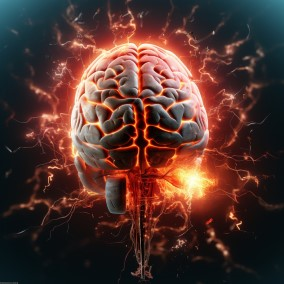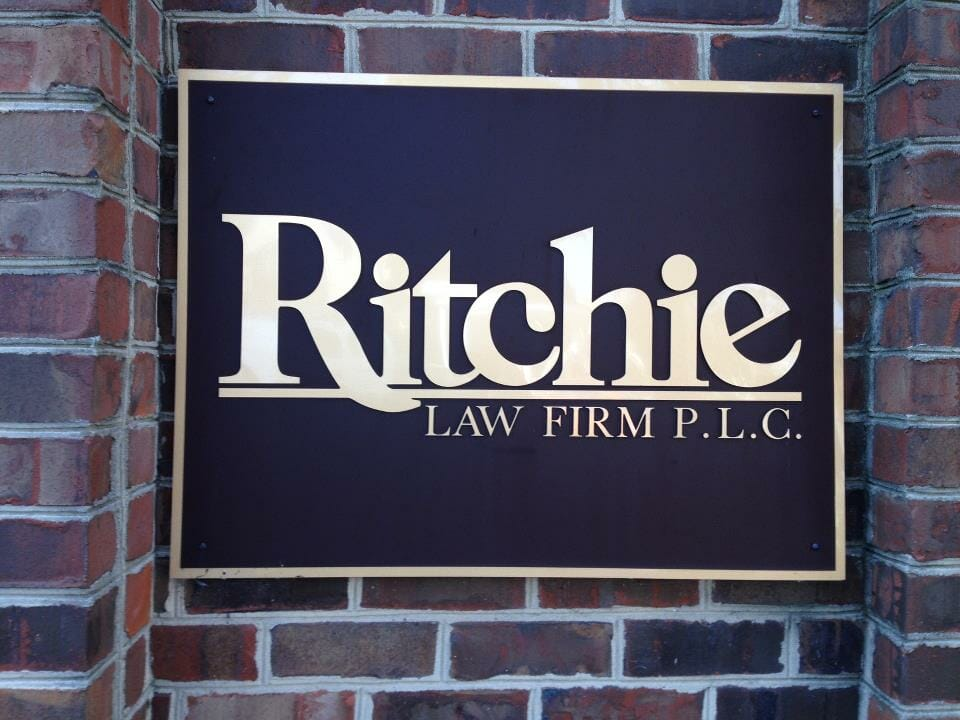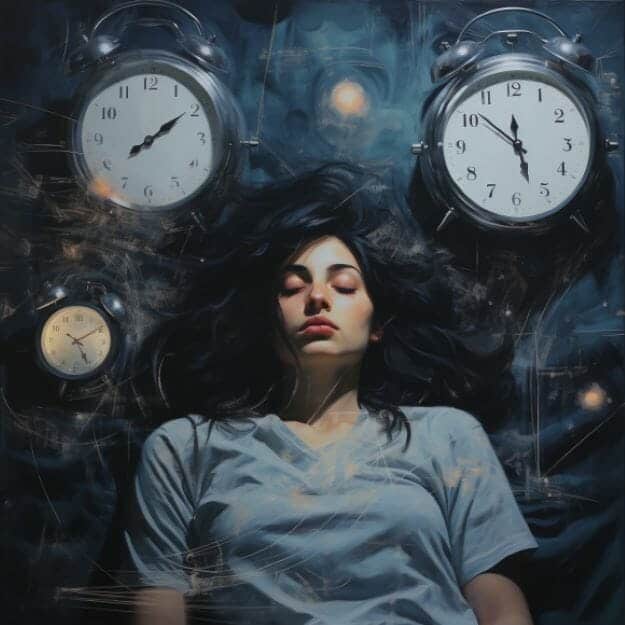What Can I Do About Insomnia After a Traumatic Brain Injury?
Traumatic brain injuries sustained as a result of a car accident or other types of accidents can cause many varying symptoms. Some of the more troubling impacts of a traumatic brain injury include insomnia and other sleep disturbances. Keep reading for more information on what to do about insomnia after a traumatic brain injury.
Insomnia is just one symptom of a traumatic brain injury. Traumatic brain injuries can cause many other symptoms as well, including:
- headache
- dizziness and loss of balance
- excessive daytime sleepiness
- nausea and vomiting
- fatigue and drowsiness
- ringing in ears
- changes in hearing, vision, emotions, behavior
- seizures
- irritability
- depression
- Posttraumatic stress disorder PTSD
- confusion
- memory problems
- speech problems

Traumatic Brain Injuries: Insomnia
One of the most common and more troubling symptoms that frequently occur after a traumatic brain injury is insomnia. Insomnia is usually defined as difficulty falling asleep or maintaining sleep. In a 2022 study on head injury related sleep problems, out of 1377 participants with brain injuries, the following numbers suffered from insomnia after traumatic brain injury:
- 61.6% reported persistent mild insomnia and sleep disorders
- 31% reported mild insomnia or other sleep disturbances that resolved over time
- 4.5% reported persistent insomnia symptoms and sleep disturbances
- 2.2% reported severe insomnia or other sleep disorders that resolved within a year
- .7% initially reported no insomnia but then developed severe insomnia within a year of the injury
After a head injury, insomnia or other sleep disorders often develop during one of three recognized phases:
- Acute (0-7 days)
- Subacute (8-90 days)
- Chronic (more than 90 days)
Effects of Insomnia and Other Sleep Disorders After Traumatic Brain Injury
Insomnia and related sleep disorders are often highly treatable conditions when they occur outside of a traumatic brain injury situation. However, a brain injury diagnosis often makes treating insomnia and related sleep disorders more difficult.
Because sleep plays a critical role in keeping our bodies healthy, insomnia and related sleep disorders can worsen or exacerbate some conditions that may arise out of a traumatic brain injury such as:
- Depression
- Post traumatic stress disorder
- Chronic pain
- Impairment of cognitive ability
A traumatic brain injury will often cause a disruption of REM sleep, or the stage of sleep where most dreams occur. This affects sleep quality and affects normal sleep patterns. A continued loss of REM sleep can lead to REM sleep behavior disorder, which can consist of thrashing, punching and kicking during sleep.
Why Insomnia and Other Sleep Disturbances Occur After a Traumatic Brain Injury
A brain injury can cause damage to different parts of the brain with varying consequences. For instance, an injury to the suprachiasmatic nuclei, which regulates the body’s sleep-wake cycle, can cause a major disruption in sleep patterns. Posttraumatic hypersomnia is often seen when areas involving the maintenance of wakefulness are damaged. Additionally, a traumatic brain injury can cause damage to the part of the brain responsible for releasing neurotransmitters, which also can also cause traumatic brain injury related insomnia and related sleep disorders. Lastly, brain injury related cervical cord lesions can cause sleepiness and obstructive sleep apnea.

Sleep Disturbances: How to Treat Insomnia Caused by a Traumatic Brain Injury?
Sleep is an incredibly important component of maintaining a healthy body and mind. So, if you’ve suffered a traumatic brain injury, are having trouble sleeping as a result or are losing REM sleep as a result, it is very important to seek medical help and counseling, if needed, to get you back on track to normal sleep from your post-traumatic insomnia and related sleep disturbances.
Options for treating sleep disorders after a traumatic brain injury include:
- Medications: Your physician may prescribe a low dose medication to help with your sleep disturbances following a traumatic brain injury. Your physician will want to evaluate the severity of sleep deprivation and any prescribed medications possible interaction with your other medications.
- Cognitive Behavioral Therapy: Cognitive behavioral therapy is a form of treatment for a brain injury that allows patients to identify specific behaviors and thoughts that may be causing their insomnia or sleep deprivation. A cognitive behavioral therapist may make some of the following recommendations to help you fall asleep faster and stay asleep longer after a brain injury:
- Relaxation training
- Activity modifications before bed
- Sleep hygiene or lifestyle changes
- Stimulus control therapy
- Normal Sleep Promoting Remedies: Your physician may also recommend natural sleep remedies to help promote normal sleep after your brain injury. Such remedies might include melatonin supplements, magnesium supplements, herbal teas, essential oils, etc.
When Should I Hire a Virginia Brain Injury Attorney?
Because traumatic brain injury cases can be complex and have devastating consequences, it’s important for brain injury victims to seek legal services as quickly as possible. In Virginia, TBI victims typically have two years from the date of the injury to file suit in a traumatic brain injury case. Please note, that there are factors which may change the statute of limitations filing date. As a result, you should seek advice from a Virginia brain injury lawyer as soon as possible.
TBI cases can be quite complex because often they may involve substantial medical expenses, lost wages, a loss of future earning capacity, as well as permanent damage to the brain and other parts of the body.
A severe brain injury will require more immediate legal attention, since you will want a Virginia brain injury attorney working to help you navigate the medical treatment process as well as taking the lead on all communication from the insurance company.

Your Team for Your Traumatic Brain Injury: Virginia Brain Injury Lawyer
If you or a loved one has suffered a brain injury due to someone else’s negligence, it’s important to seek legal representation from an experienced accident lawyer right away. Even a mild traumatic brain injury case is complex and a lawyer who regularly handles minor car accident cases will not necessarily be equipped to handle the more significant brain injury case. You will need to make certain the attorney you choose has experience with cases involving brain injuries.
The aftermath of an accident involving a brain injury can be overwhelming and stressful, and you need an experienced brain injury lawyer on your side to fight for your rights and help you navigate the complex legal system. Don’t wait to take action, even if you have a mild traumatic brain injury, and don’t let insurance companies take away what is rightfully yours. Contact the Ritchie Law Firm, your Virginia brain injury attorney, today for a free case evaluation and begin the process of getting the compensation you deserve.
Contact the Ritchie Law Firm, your Virginia brain injury lawyer, by phone at 540-433-6124 or by using our online contact form.
Don’t Get Hurt Twice!
You can talk to us for FREE
Call today 540-433-6124, fill out the form below or
download our free ebook in the side panel.
540-433-6124
Ritchie Law Firm is a law firm comprised of Virginia brain injury lawyers helping individuals who have suffered serious and catastrophic injuries or lost a loved one as a result of a brain injury. Ritchie Law Firm serves all of Virginia, while helping clients in cities and surrounding areas of Harrisonburg, Charlottesville, Staunton, and Winchester also serves clients in West Virginia, including Martinsburg, WV.


